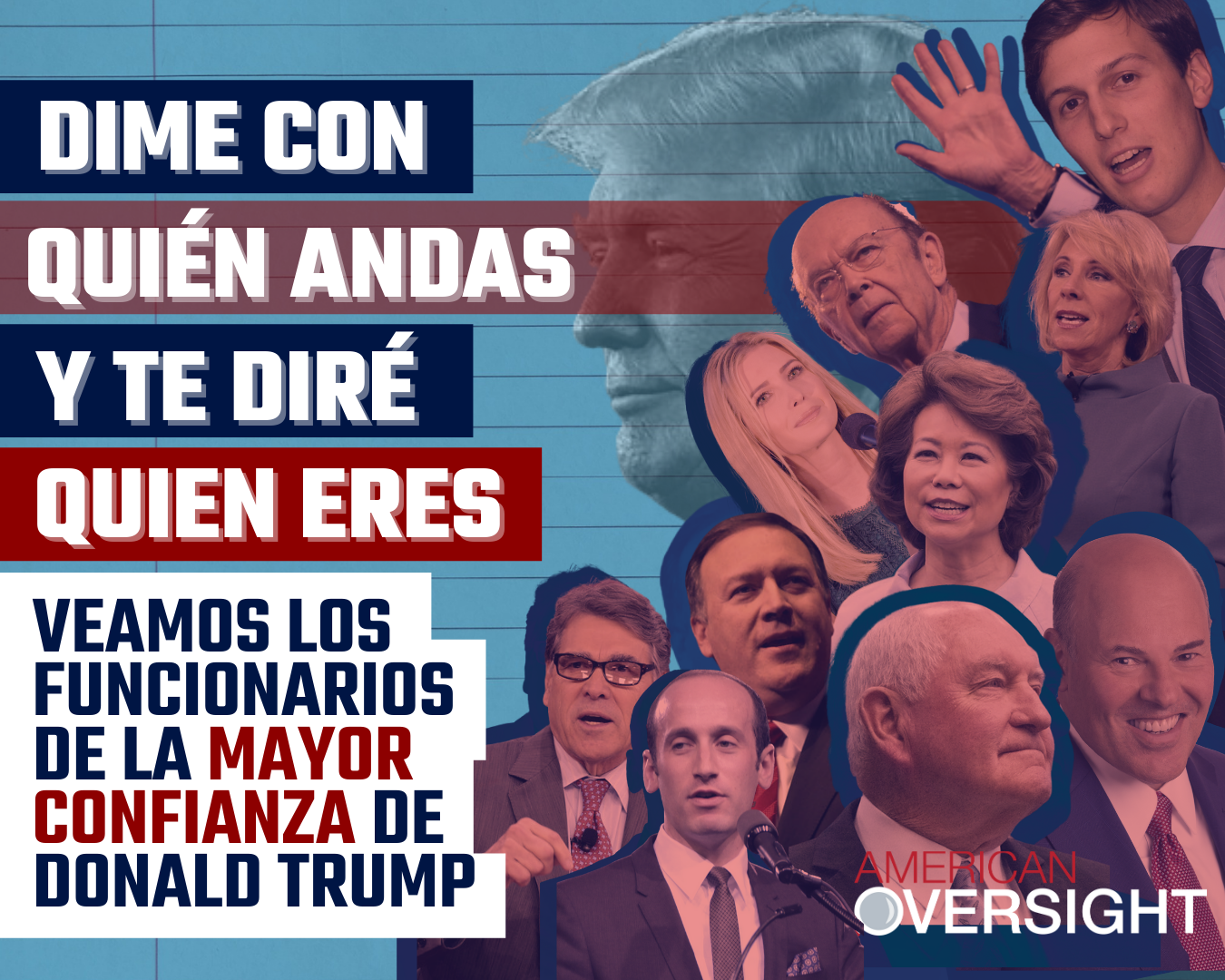
Wilbur Ross’s Web of Financial Conflicts
We investigated the former commerce secretary’s complicated maze of finances, identifying a number of serious ethics issues.

The complexity of former Commerce Secretary Wilbur Ross’s financial disclosures made it difficult to determine how well he complied with his ethics agreements since joining the Trump administration in 2017. But a number of reports and findings over the past few years raised questions about whether Ross was using public office to grow his already considerable wealth.
Ross’s fortune came from restructuring distressed steel, coal, and textile companies, efforts that often included the dumping of workers’ health and pension benefits. At the time of his confirmation as secretary, Ross pledged to divest millions in assets. But in the years after, stocks he delayed in divesting increased in value, and omissions and mistakes on his financial disclosures even resulted in the Office of Government Ethics (OGE) refusing to certify his 2018 disclosure report.
In one instance, a tranche of stock Ross owned increased in value by between $1.2 million and $6 million. In another instance, Ross did not divest BankUnited stock he had twice submitted sworn statements that he had divested. His delay in selling the stock until October 2018 prompted OGE Director Emory Rounds to say that he would not certify the secretary’s 2018 financial report because Ross was “not in compliance with his ethics agreement.” The intricacy and breadth of Ross’s financial holdings — as evident by the photo here of a diagram of just a portion of his assets — lend an added layer of opacity to other possible violations.
Ross’s stakes in transoceanic shipping companies also raised concerns, given the commerce secretary’s involvement in U.S. trade policy. One of those companies, Navigator Holdings, which Ross later said he’d sold his stake in, was linked to allies of Russian President Vladimir Putin. And Ross’s 2017 calendars, obtained by American Oversight, revealed multiple meetings Ross had with a natural gas exporter connected to Navigator as well as other extensive contacts with industry groups. In addition, Ross’s former chief of staff, Wendy Teramoto, had previously been on the board of Navigator and had a role at WL Ross & Co.
Another potentially problematic connection was the social relationship Ross and his wife have with sugar producers and political donors Jose and Alfonso Fanjul, the former of whom Ross met with in 2017 to discuss the sugar trade. And in 2017, Ross discussed business with Chevron executives while his wife owned a $250,000-plus stake in the company. Several years into the Trump administration, it still was not clear the extent to which Ross complied with his recusal or divestment obligations. American Oversight is committed to connecting the dots and untangling the secretary’s vast web of financial holdings.
LITIGATION
In March 2019, American Oversight sued the Department of Commerce for a wide range of Ross’s communications. They include those with various business interests and representatives of the sugar industry, or about Navigator Holdings, as well as for records related to a number of 2017 meetings Ross held with industry representatives. The lawsuit also seeks his communications with entities named in his ethics agreement and any communications about his ethics disclosures.



